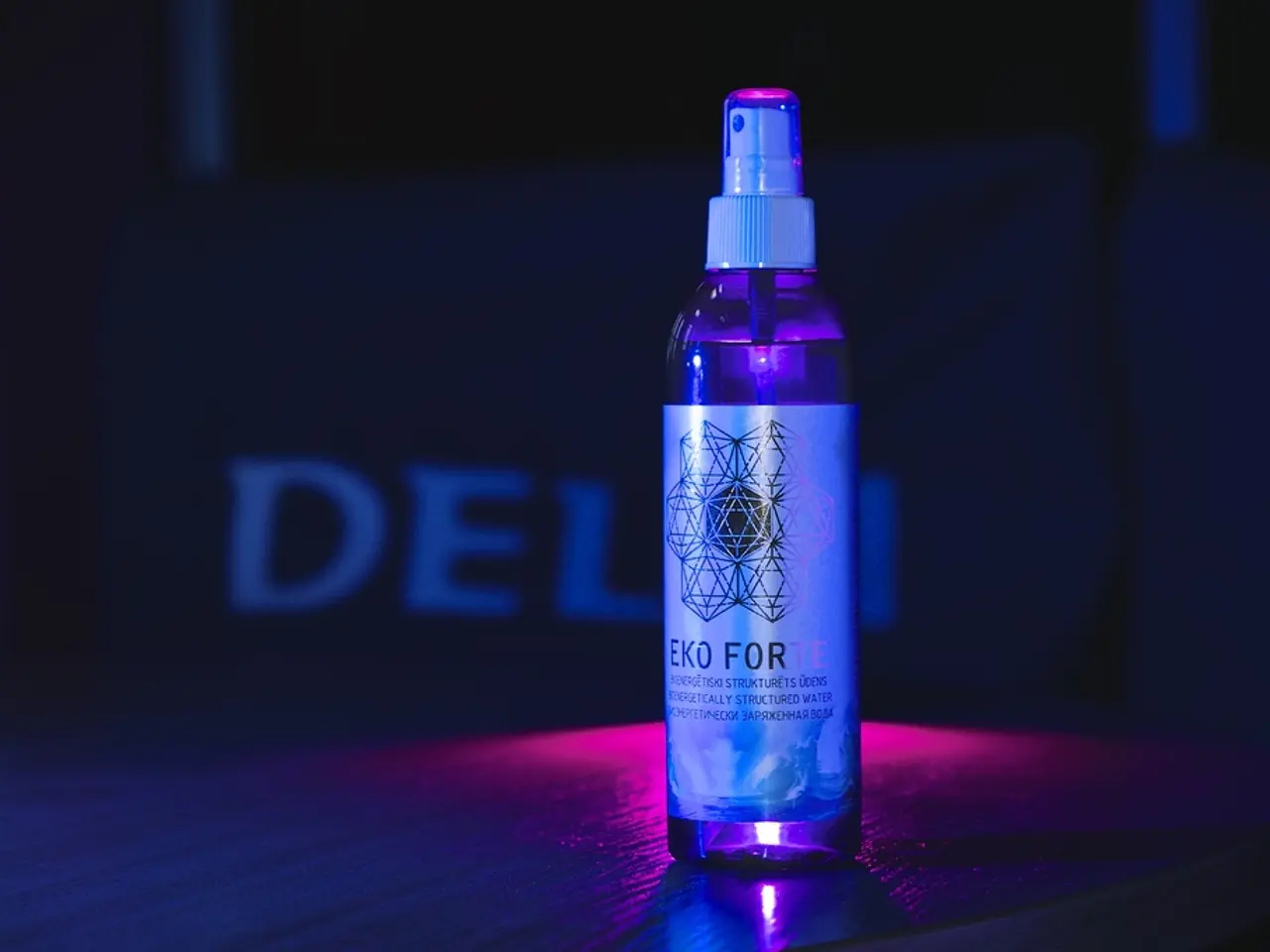CDC Issues Monkeypox Treatment Guidance for Severe Cases
Monkeypox, a viral infection akin to smallpox, has been making headlines recently. Although there are no specific treatments for it, the US Centers for Disease Control and Prevention (CDC) has issued interim clinical guidance to assist healthcare professionals in managing severe cases. The guidance highlights several FDA-approved drugs that may be helpful in treating the virus.
The CDC's interim guidance suggests that patients who are severely ill or have high-risk conditions may benefit from monkeypox-directed treatment. This includes drugs such as Tecovirimat (TPOXX), Cidofovir, and Brincidofovir, which are FDA-approved for other conditions but may be effective against monkeypox.
However, most monkeypox patients without severe immunocompromise will recover with supportive care and pain control only. This could involve over-the-counter pain relievers and hydration to manage symptoms like fever, headache, and body aches.
While there are no specific treatments for monkeypox, the CDC's interim guidance provides healthcare professionals with options for managing severe cases. Most patients can recover with supportive care, but those with severe illness or high-risk conditions may benefit from specific treatments.







